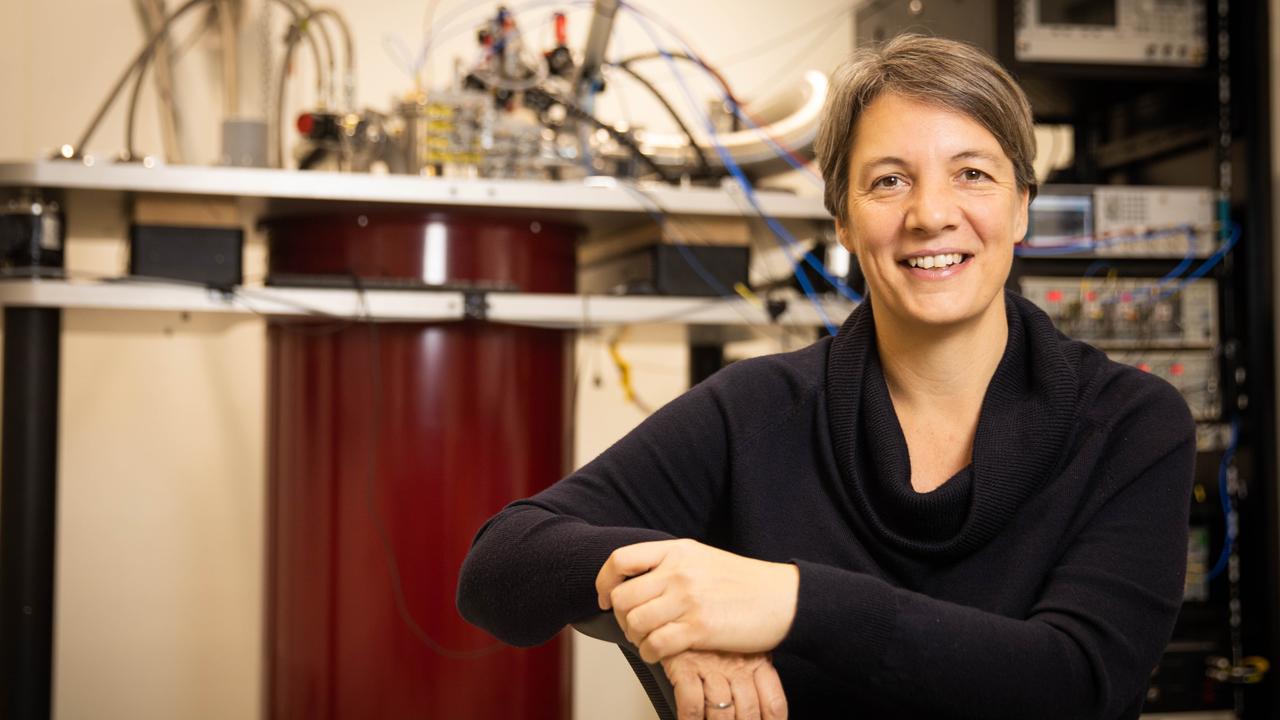QUT researchers keeping the sea safe for turtles
Queensland University of Technology researchers have succeeded in applying statistics to the problem of preserving sea grass habitats.

In today’s Higher Ed Daily Brief: Saving sea grass, Western Sydney boosts research
Keeping the sea safe for turtles
Queensland University of Technology researchers have succeeded in applying statistics to the problem of preserving sea grass habitats for at-risk species like green turtles and dugongs.
Statistics lecturer Paul Wu from QUT’s School of Mathematical Sciences led the study which used statistical modelling to analyse the factors that influenced the recovery of sea grass following human activities such as seabed dredging. Dredging is often carried out near ports in Queensland to keep them open for shipping.
In an earlier 2017 study Dr Wu found ways to predict the best times to conduct dredging operations to minimise the impact on sea grass. He and his team’s latest work goes further and helps create an environmental management plan for sea grass by modelling thousands of different scenarios.
“Managers of ports and coastal development areas can use the tools we’ve developed, to take something very complex and distil from it answers to key questions like ‘what variables should I keep an eye on and how often’,” he said.
$30m for early to mid career researchers
A new $30 million scheme at Western Sydney University is aimed to attract early and mid-career researchers to work in fields that will build on the institution’s research strengths.
The investment will cover 50 research-focused fellows, national and international, over the next five years, under the Vice-Chancellor’s Research Fellowship Scheme.
Deputy vice-chancellor (research and innovation), Deborah Sweeney said the new program would “help extend Western’s internationalisation, and expand our already burgeoning research capacity”.
“Through these fellowships we are welcoming the next generation of world leaders,” she said.
The initiative dovetails with WSU’s strategic research initiative program that invests in cross-disciplinary cohorts of research excellence and capacity in the university. Its remit is to tackle global challenges, with a $10m investment so far in defence, vulnerable children and adolescent health.
The university said it was encouraging early and mid career researchers to apply in areas where it is aiming to continue building critical mass. These include pollination biology; machine learning and artificial intelligence; studies digital, health and youth studies; games, participatory platforms and civic hacktivism; environment; culture and society, neuromorphic systems; health; and early education and youth studies.
Salary packages will range from $120,000 to $168,000 and applications close in late September.



To join the conversation, please log in. Don't have an account? Register
Join the conversation, you are commenting as Logout